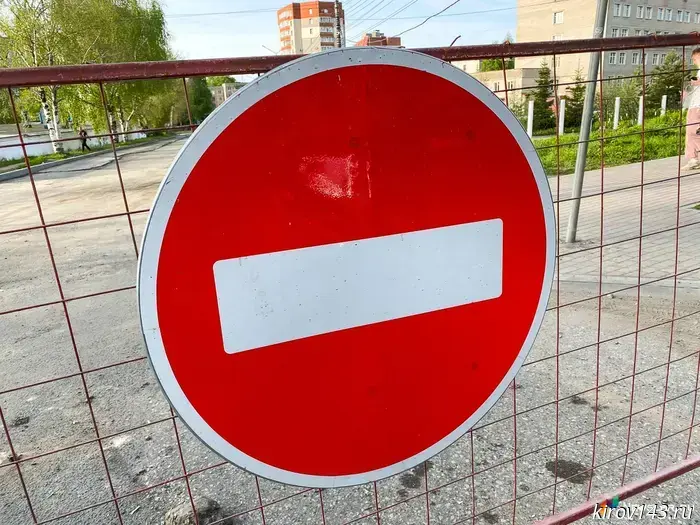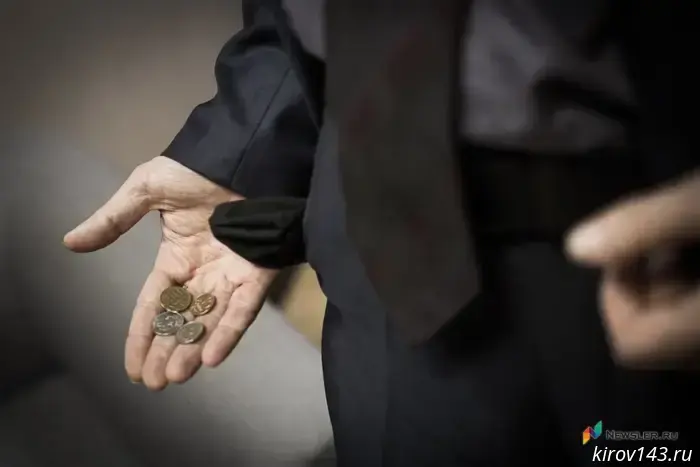
"Liked it — and it's already an article": what you can no longer do on the internet
Each year the list of what can be said or published on the internet grows ever wider. Now a post, comment or even a repost on social media can not only net you a large fine, but also land you in the dock. We explain which online and offline actions can already turn into an administrative or criminal case.
Discrediting the Armed Forces of the Russian Federation: from fines to imprisonment
One of the most talked-about articles in recent years has been liability for discrediting the army. The law provides for both administrative and criminal penalties. It all depends on the severity of the violation and whether it was repeated.
Administrative liability
If a person for the first time commits actions that are considered discrediting the Armed Forces, they can be charged under Article 20.3.3 of the Code of Administrative Offenses:
- for individuals a fine of 30,000 to 50,000 rubles
- officials will pay more — from 100,000 to 200,000 rubles
- legal entities — from 300,000 to 500,000 rubles.
If the discrediting was accompanied by calls for riots or threats, the amounts increase: for individuals — up to 100,000 rubles, for officials — up to 200,000–300,000, and for organizations — up to one million.
Criminal liability
A repeated violation within a year is already considered a criminal offense (Article 280.3 of the Criminal Code of the Russian Federation). Penalties here are much harsher:
- a fine from 100,000 to 300,000 rubles
- mandatory or corrective labor for up to three years
- arrest for up to six months or imprisonment for up to five years.
If the actions led to grave consequences — for example, mass unrest or loss of life — the prison term can increase to seven years and the fine to up to one million rubles.
What can lead to charges
A wide range of actions falls under discrediting: posting posts and comments on social media, reposting other people’s materials, public speeches, painting over military banners or distributing leaflets. In other words, punishment threatens both active actions and “liked — shared.”
In addition, as of September 1 a large package of “anti-fraud” and “anti-scam” rules came into force. We have compiled the confirmed rules from official documents and clarifications — with an emphasis on what can now actually be punished on the internet.
Searching for extremist materials: fine up to 5,000
The Code of Administrative Offenses now includes liability for the very act of searching for extremist materials on the internet. A fine of up to 5,000 rubles is provided for individuals. For advertising VPN services the fine for individuals will be from 50,000 to 80,000 rubles, for officials — from 80,000 to 150,000 rubles, and for legal entities — from 200,000 to 500,000 rubles. The amendments have been officially published on the legal information portal.
Note that extremist materials are those included by the Ministry of Justice in the published federal list of extremist materials or those indicated in paragraph 3 of Article 1 of the Federal Law “On Countering Extremist Activity.” This registry contains about 5,500 entries.
Prohibition on transferring SIM cards and “other people’s” accounts: up to 200,000
You may not transfer your SIM to third parties — not to friends, not to colleagues, nor to strangers (exceptions — close relatives and certain official cases). For illegal transfer — fines of up to 200,000 rubles for legal entities and up to 50,000 for individuals. However, experts clarify that a SIM can be handed over for a short time for a personal call. In addition, it is permitted to hand over SIM cards and phones to intelligence officers for operational calls.
By the way, about SIM cards:
You can now preemptively prohibit contracts for communication services from being concluded in your name (via the State Services portal or MFC) — a measure against scammers registering numbers. The ban can only be lifted in person.
Advertising and distribution of VPNs: fines up to 500,000
Advertising and distribution of services that bypass blocks is prohibited. For promoting VPNs — fines up to 500,000 rubles. The amendments have been adopted and are available in legal systems; the regulator clarifies the ban on placing advertising on resources that provide access to prohibited information.
Advertising in blocked social networks and services: also prohibited
Placing advertising on foreign social networks and platforms that violate Russian law (including blocked ones) is prohibited. Liability — fines from 50,000 to 80,000 rubles for individuals, from 80,000 to 150,000 for officials and from 200,000 to 500,000 rubles for legal entities. This follows from recent amendments to the Law on Advertising.
Checklist: how not to get fined
- Do not publish or repost materials that may be regarded as discrediting the army.
- Check sources: do not spread texts and images from the list of extremist materials.
- Do not transfer SIM cards and personal accounts to strangers.
- Do not place advertising in blocked social networks and do not promote VPN services.
- Keep up with legislative updates — the list of restrictions is regularly expanding.
Другие Новости Кирова (НЗК)
 15% of Kirov residents consider it acceptable to publicly confront their bosses.
Working residents of Kirov took part in a survey by the job-search service SuperJob and described their attitudes toward conflicts with their employer.
15% of Kirov residents consider it acceptable to publicly confront their bosses.
Working residents of Kirov took part in a survey by the job-search service SuperJob and described their attitudes toward conflicts with their employer.
 On Sunday, driving through the center of Kirov will not be allowed.
Due to the mass running event "Vyatskiye Hills" (6+), traffic will be restricted in the central part of Kirov.
On Sunday, driving through the center of Kirov will not be allowed.
Due to the mass running event "Vyatskiye Hills" (6+), traffic will be restricted in the central part of Kirov.
 Water pollution was detected in the "Prudovye Lakes" in Slobodskoy District.
The inspection materials have been transferred to Rosprirodnadzor.
Water pollution was detected in the "Prudovye Lakes" in Slobodskoy District.
The inspection materials have been transferred to Rosprirodnadzor.
 Sokolov became the acting Minister of Housing and Utilities of the Komi Republic.
Nikolai Sokolov, who served as Minister of Transport of Kirov Oblast from July 2019 to October 2021, joined the government of the Komi Republic in April of this year.
Sokolov became the acting Minister of Housing and Utilities of the Komi Republic.
Nikolai Sokolov, who served as Minister of Transport of Kirov Oblast from July 2019 to October 2021, joined the government of the Komi Republic in April of this year.
 The Central Bank revoked Tavrichesky Bank's license.
The regulator's website states that the license was revoked due to the credit institution's complete loss of its own funds (capital).
The Central Bank revoked Tavrichesky Bank's license.
The regulator's website states that the license was revoked due to the credit institution's complete loss of its own funds (capital).
 Vladimir Kadachigov: "I get up at four in the morning, I think about school"...
Former principal of Kirov School No. 47, Vladimir Kadachigov, has been living according to a retiree's routine for a week now. But, habitually waking at four a.m. — something that became the norm during his 35 years running the school — he still keeps in touch when his students and teachers need him.
Vladimir Kadachigov: "I get up at four in the morning, I think about school"...
Former principal of Kirov School No. 47, Vladimir Kadachigov, has been living according to a retiree's routine for a week now. But, habitually waking at four a.m. — something that became the norm during his 35 years running the school — he still keeps in touch when his students and teachers need him.
"Liked it — and it's already an article": what you can no longer do on the internet
We have compiled the main rules and prohibitions, violations of which can result not only in a hefty fine but also in a real prison sentence. The new laws concern posts and reposts on social media, VPNs, SIM cards and even searching for information online. We explain exactly where the line of what is allowed lies.
